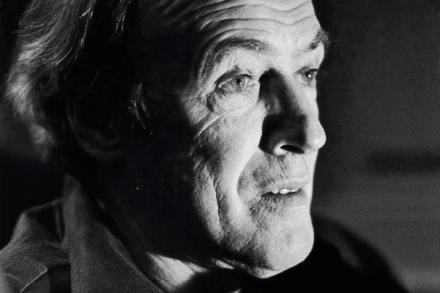Care or cure?
Cancer is usually associated with death. For the cancer specialist, however, cancer is more about life: not just patients’ lives; the cancer itself often lives the life of Riley. If it has a life, then, it is entitled to a biography. Here, Siddhartha Mukherjee, an obviously compassionate oncologist, provides that biography. The basis of any biography is the story. In this book, there are four interwoven stories; that of people with cancer, full of fear, but increasingly often, surviving; that of scientists and doctors: stories of genius, perseverance, integrity, serendipity but also arrogance and fraud; the statistical story which tells us that the global burden of cancer doubled (thank you
















